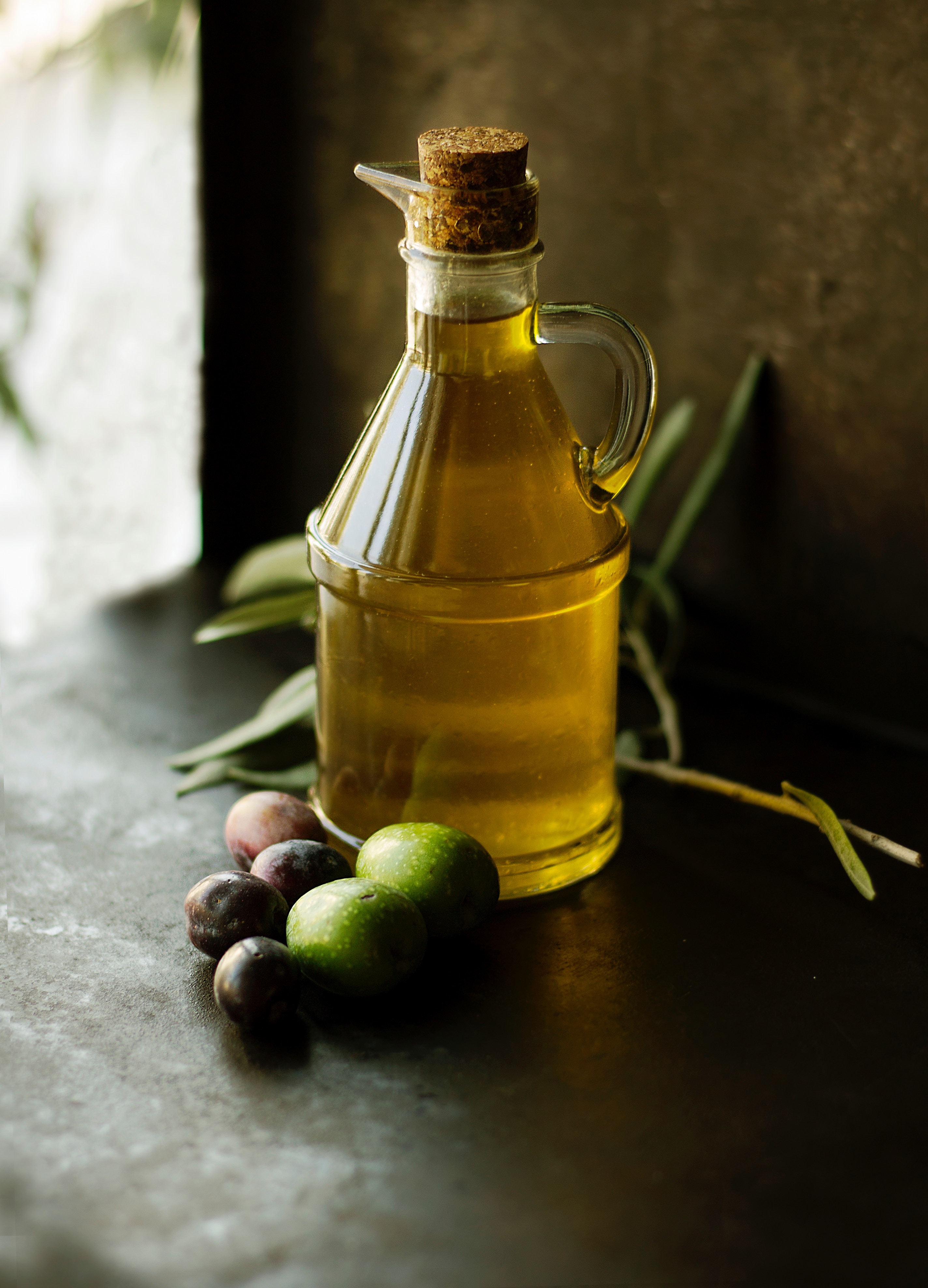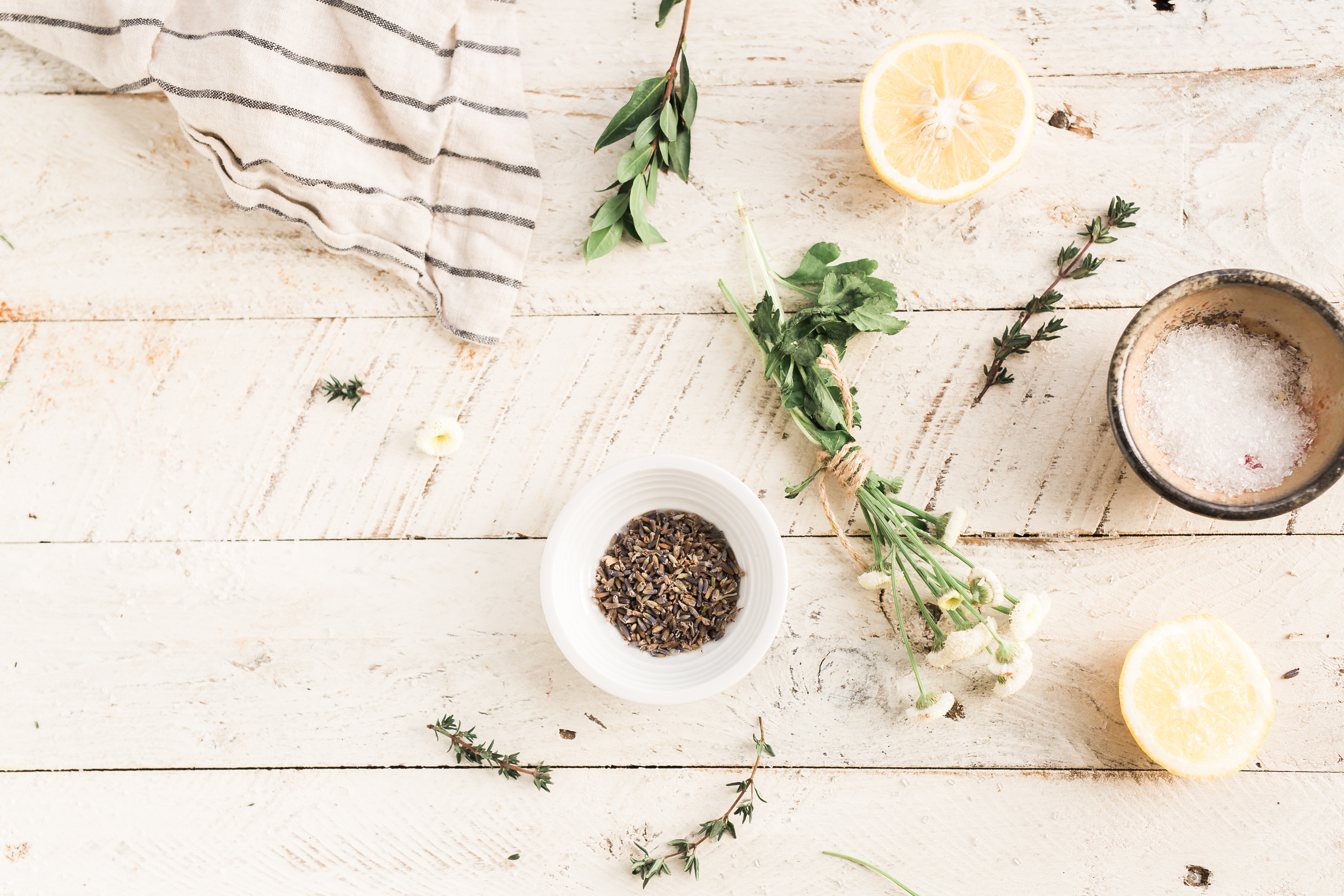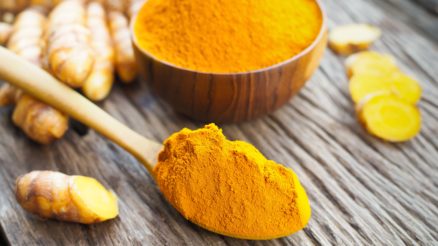In recent years, dietary factors are being recognized as having a significant effect on the risk of cancer. A large percentage of cancer deaths have been linked with obesity and diet. Eating a healthy and balanced diet can help keep one’s weight in check. This said, it should be noted that there exists insufficient scientific evidence to verify much of these latest dietary guidelines.
There are many other factors that cannot change one’s cancer risk – including genetics and environment. However, diet is something that can be changed. Research only points to associations between diet and cancer but this does not mean it is a cause-and-effect relationship. Therefore there is no 100% certainty that following a certain diet can guarantee cancer protection. However, science has found that there are some dietary habits that can have a greater influence on cancer.
In this article we will discuss some of these dietary factors. Some of them include:
Processed and Red Meats
Processed meat refers to meat that has been processed by smoking or adding salt or nitrites to enhance flavor. Popular sources include sausages, salami, ham, hot dogs and corned beef. Red meat includes beef, pork and lamb. Scientists believe that there may be a number of ways that processed and red meats can increase the risk of cancer. The exact details have not been verified, but it is thought that it may be related to the nitrates in processed meats and haem iron that is present red meats.
Plant-based Foods (and Diets)
Eating many fruits and vegetables is thought to lower the risk of several types of cancer. Fruits and vegetables are excellent sources of a wide variety of vitamins, minerals and fiber. Eating a diet high in fruits and vegetables can also help to maintain a healthy weight and prevent obesity. Many fruits and vegetables also contain antioxidants and phytochemicals (which are thought to help fight cancer). Some studies have found that those following vegetarian or vegan diets have a reduced risk of developing or dying of cancer. Vegans tend to consume more soy, which some studies have revealed may also help to protect against certain types of cancers. Another group of vegetables that have been studied are cruciferous vegetables. These cruciferous vegetables include broccoli, cauliflower, cabbage, Brussels sprouts, bok choy and kale. It is thought that increasing consumption of these vegetables may help to lower risk of cancer.
Antioxidants
Antioxidants are said to protect the body against oxidants (which are substances that can lead to cell damage). Oxidants can be either naturally occurring (created by normal cell processes) or they can be environmental (pollution or cigarette smoke). Antioxidants can be found in many vegetables and fruits. Brightly colored fruits and vegetables are thought to be high in antioxidants – these include spinach, carrots and tomatoes among others. Foods high in antioxidants have other health benefits as well. Details of how much and how often to consume these antioxidants are not yet known and research still needs to be conducted on this.
Dietary Fiber
Fiber is known to help add bulk to stool. It aids in moving food at a faster pace through the digestive system. Fiber also helps to nourish the microbes living in the digestive tract – this community of microbes is called a microbiome. A healthy microbiome has been associated with a lower cancer risk. High fiber foods include – whole grains, whole grain breads and pastas, legumes, pulses, vegetables and fruits. Specifically, many studies have shown that foods that are high in fiber reduce the risk of bowel cancer. However, the reasons for this are not yet fully understood.
Alcohol
Alcohol consumption is also thought to increase the risk of cancer. It is believed that the risk of developing these cancers is higher the more the person drinks. Researchers are still trying to discover the exact reasons that alcohol may increase cancer risk. They believe that it might have to do with two chemicals – one that makes up alcoholic beverages (ethanol) and the other is one that is produced when alcohol is digested by the body (Acetaldehyde). It is also thought that alcohol consumption could weaken the body’s ability of processing and absorbing a number of significant nutrients.
Refined Carbohydrates and Sugar
Researchers have found that diets that cause blood glucose levels to spike are associated with increased risk of several types of cancers. There have been links drawn between high sugar processed foods and higher cancer risk as well. The recommendation is that one should avoid foods that boost insulin – this includes foods that are high in sugar and refined carbohydrates. However, further research is required to verify these findings more accurately.
Other dietary factors
Recently, some research has also been done on whether a ketogenic diet might help to treat cancer. However, many more research and studies need to be conducted before this can be verified. A ketogenic diet is a popular diet among people looking to lose weight – it involves eating a low carbohydrate but high fat diet. There is also some evidence that higher intake of calcium may help in reducing cancer risk. Besides this, it is also now thought that flaxseeds and turmeric (or curcumin) may have protective effects against some certain cancers (although this information has yet to be verified through further studies and research).
The Takeaway
As discussed at the onset of this article, research shows that dietary factors have a significant role on the risk of cancer. However, there is no 100% guarantee that following a certain diet plan will guarantee cancer protection. In general, people are encouraged to follow a healthy and balanced diet to preserve quality of life. A healthy and balanced diet is thought to be helpful in preventing other diseases as well. Besides this a healthy diet is said to increase quality of life.






